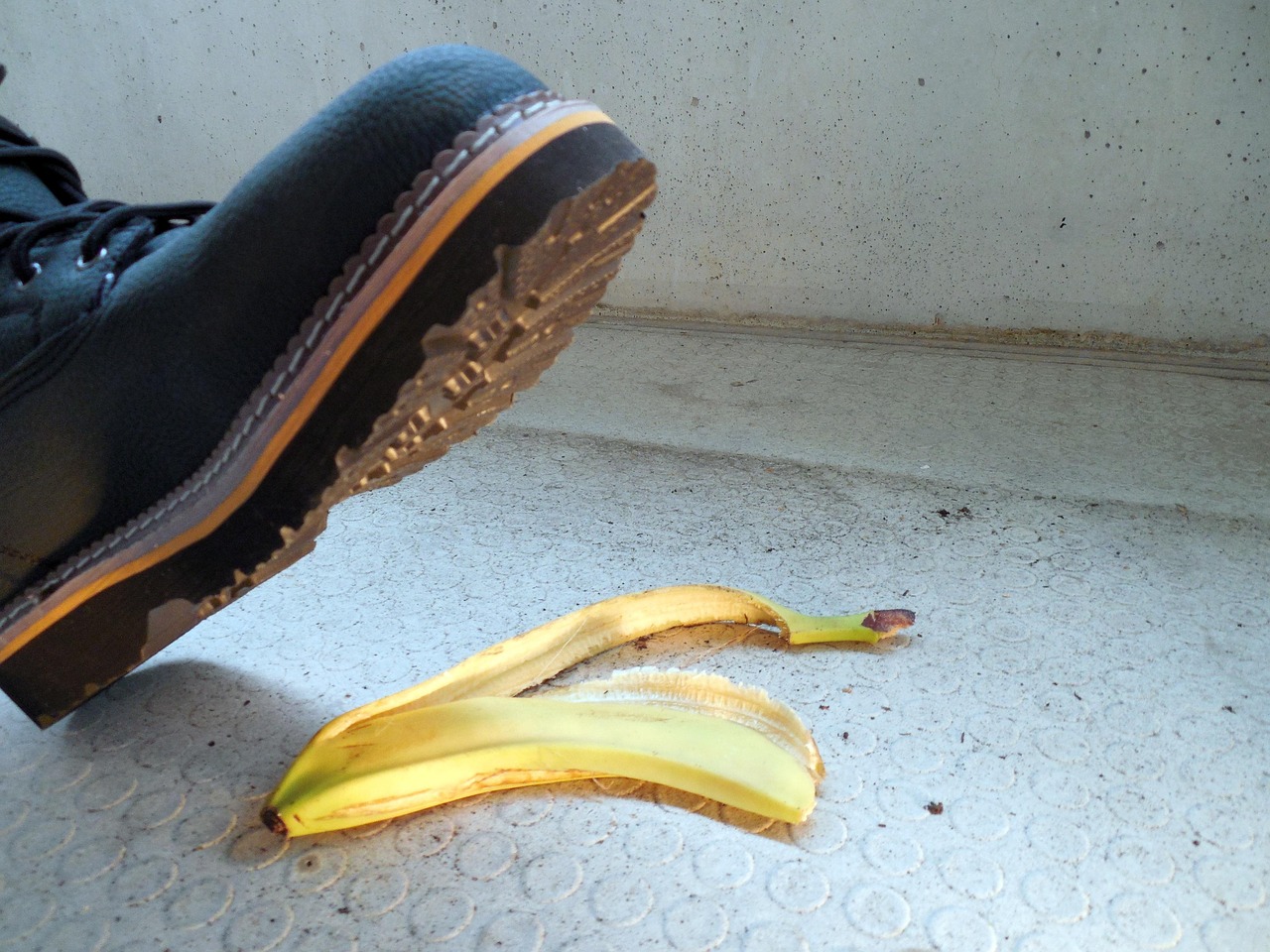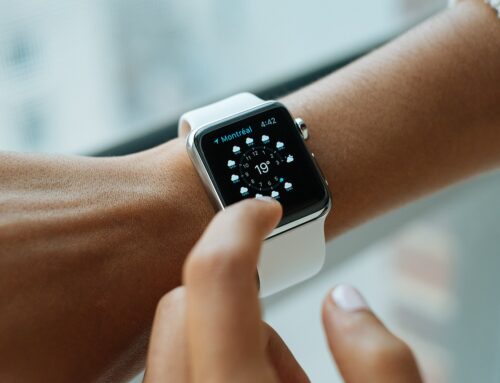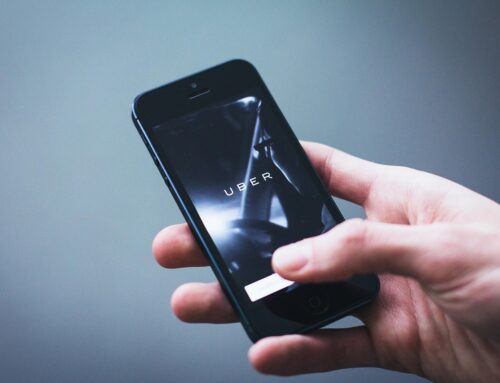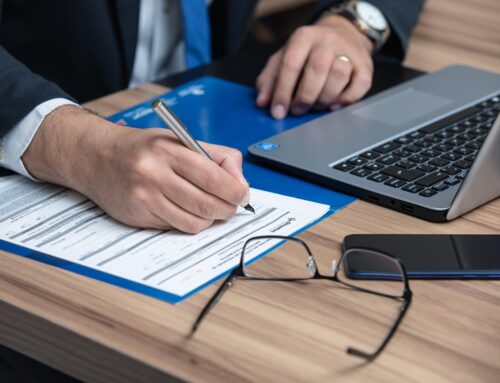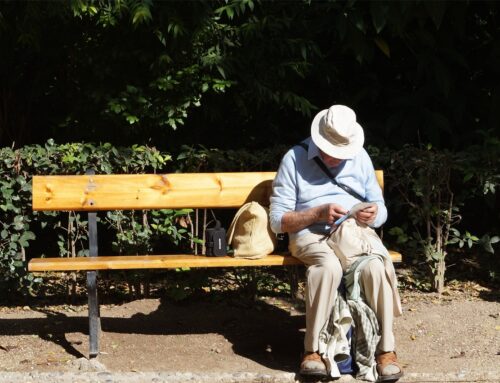Slip and fall accidents can happen almost anywhere — grocery stores, restaurants, apartment complexes, sidewalks, or even private homes. When injuries occur, many victims are left wondering who is legally responsible. In Florida, determining liability in a slip and fall case depends on several key factors, including the fall’s location, the property’s condition, and whether the property owner or business acted negligently.
Understanding how liability in slip and fall accidents is established can help injured parties protect their rights and pursue fair compensation.
Florida’s Premises Liability Law
In Florida, slip and fall claims fall under the broader category of premises liability. This legal concept holds property owners and occupiers responsible for maintaining reasonably safe conditions for people who enter their premises lawfully. If they fail to do so and someone is injured as a result, they can be held liable.
Under Florida Statute §768.0755, specific rules apply to cases that happen on commercial properties, such as stores and restaurants. The injured person must prove that a dangerous condition existed, the business had actual or constructive knowledge of the condition, and they failed to take reasonable steps to fix it or warn customers.
Expert Tip: Constructive knowledge can be established by showing that the condition existed for such a length that the owner should have known about it, or that it occurred regularly and was therefore foreseeable.
Who Can Be Held Liable?
Depending on where the incident occurred and the circumstances, several parties may be held liable in a Florida slip and fall case:
- Property Owners: The most common defendants in slip and fall cases are the owners of the property. This includes both residential and commercial property owners. If a homeowner fails to fix a broken step or doesn’t clean up a spill and a guest is injured, the homeowner could be liable.
- Business Operators: In leased commercial spaces, the tenant business, not necessarily the building owner, is often responsible for maintaining safe conditions. For example, if you slip on a wet floor in a grocery store, the store operator may be liable even if they don’t own the building.
- Property Management Companies: Some properties are managed by third-party companies hired to maintain the premises. If a property management company fails to perform necessary upkeep, such as clearing walkways or fixing lighting, it may also be held responsible.
- Government Entities: If your fall occurred on public property, like a city sidewalk or government building, the government entity responsible for maintaining that space could be liable. However, suing the government in Florida involves a separate set of rules, including notice requirements and damage caps. Are you in this situation? Call Probinsky & Cole today!
How Does Comparative Fault Come into Play?
As of 2023, Florida follows a modified comparative negligence rule. This means that if the injured person is partially at fault for the accident (for example, they were distracted by their phone), their compensation may be reduced by their percentage of fault. If the victim is found to be more than 50% responsible, they may be barred from recovering damages altogether.
Liability in Florida slip and fall accidents hinges on proving negligence. If a property owner or manager knew—or should have known—about a hazardous condition and failed to act, they can be held legally and financially responsible for resulting injuries. Because these cases often involve complex evidence and legal nuances, it’s wise to consult with a personal injury attorney as soon as possible after an incident.
Probinsky & Cole are experienced personal injury attorneys with offices in Sarasota, Brandon and Orlando.
